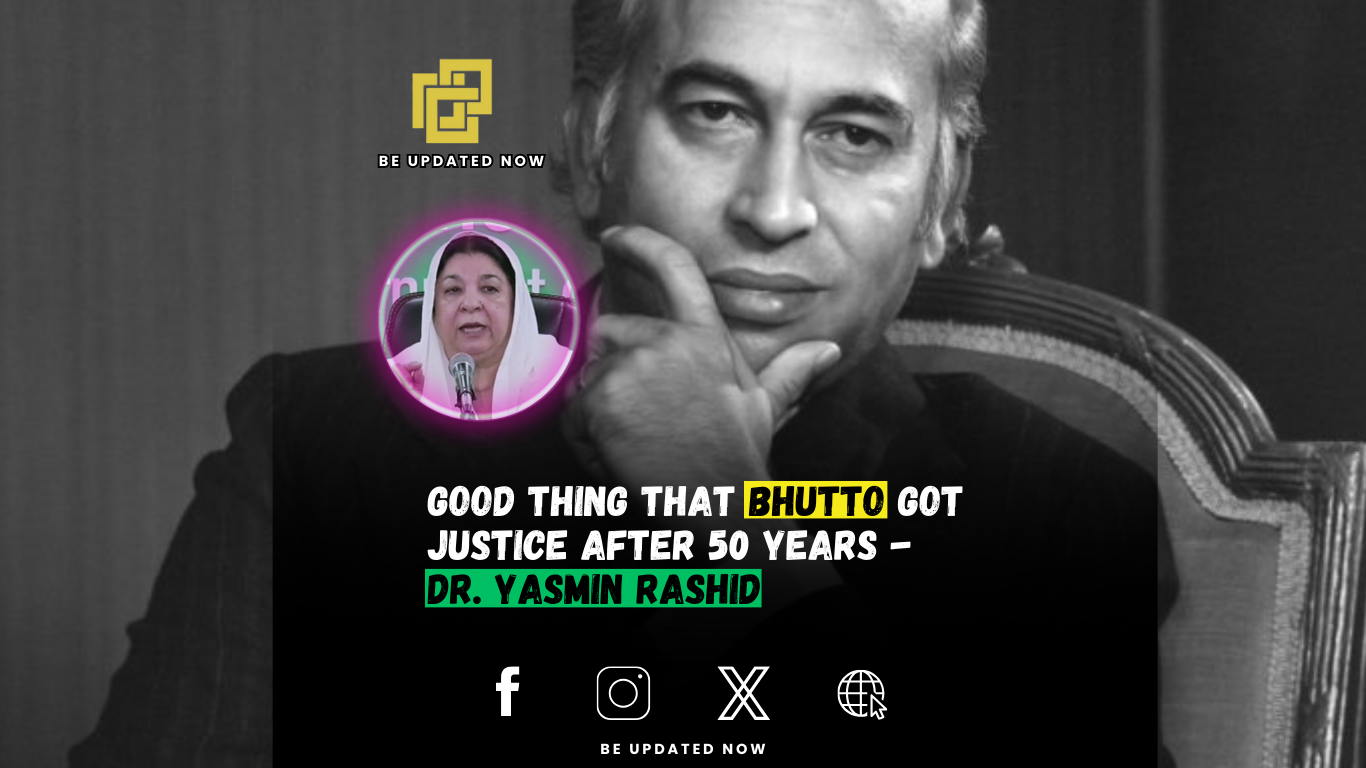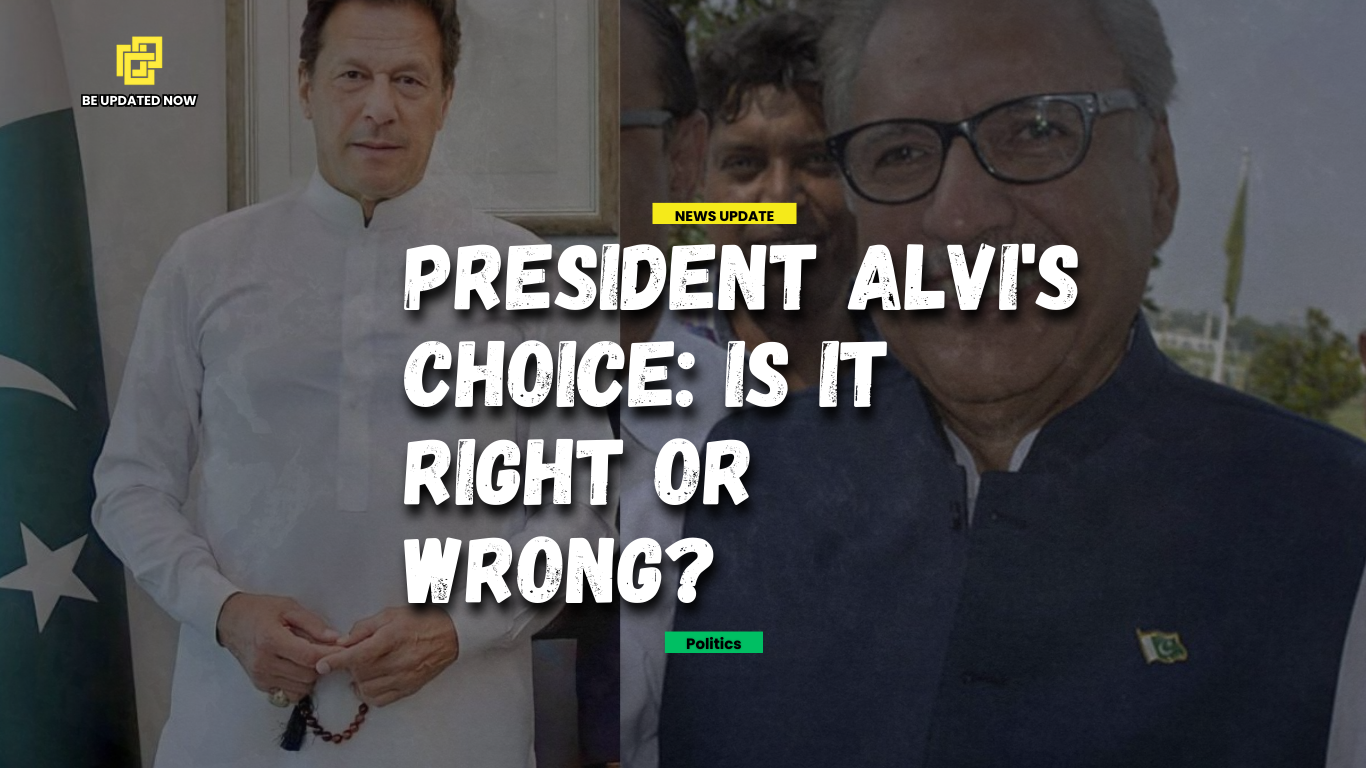
In recent months, former Pakistani Prime Minister Imran Khan and his third wife Bushra Bibi have been embroiled in a tumultuous legal battle centered around the contentious “Iddat case.” This case, which has gripped the nation with its legal complexities and political implications, sheds light on the intersection of personal relationships, religious law, and judicial scrutiny in Pakistan’s legal system.
Understanding the Iddat Case
The term “Iddat” refers to the mandatory waiting period that a Muslim woman must observe after the dissolution of her marriage, whether through divorce or the death of her spouse. This period is intended to ensure that there is no ambiguity regarding paternity in case of pregnancy and to allow for emotional and physical adjustment after the end of a marital relationship.
In the case of Imran Khan and Bushra Bibi, the controversy arose when allegations surfaced that they had violated Shariah law by marrying during Bibi’s Iddat period following her divorce from her previous husband, Khawar Fareed Maneka. The legal dispute focused on whether their marriage had indeed contravened religious norms and legal statutes concerning Iddat.
Legal Proceedings and Initial Conviction

Earlier this year, amid heightened political tensions and just days before general elections, Imran Khan and Bushra Bibi were convicted in the Iddat case. The verdict, delivered by a senior civil judge, sentenced them to seven years in prison and imposed hefty fines, sparking widespread controversy and accusations of judicial bias from Khan’s supporters and legal analysts alike.
The sentencing prompted an immediate appeal from Khan and Bibi, challenging the court’s interpretation of Iddat Case and asserting that their marriage had adhered to both religious principles and legal precedents. The appeal process, which unfolded amidst a backdrop of political maneuvering and public scrutiny, set the stage for a protracted legal battle that would test Pakistan’s judicial system’s ability to uphold religious principles while ensuring justice and fairness.
Acquittal and Legal Vindication
On a decisive day in Islamabad, the District and Session Court overturned the earlier conviction of Imran Khan and Bushra Bibi in the Iddat case. The court’s detailed 28-page ruling meticulously examined the legal arguments presented by both the prosecution and the defense, ultimately concluding that the couple’s marriage was valid under Shariah law after the expiration of Bibi’s Iddat period.
The verdict emphasized crucial legal nuances, including the expiration of the Ruju right—an opportunity for reconciliation between divorced spouses—citing that Bibi’s ex-husband had remained passive for an extended period, effectively forfeiting his right to claim under Islamic law. Moreover, the court dismissed allegations of fraudulent intent or dishonest conduct, affirming that the marriage had been solemnized in accordance with legal requirements and religious norms.
The acquittal marked a significant legal victory in Iddat Case for Imran Khan and Bushra Bibi, clearing the last remaining legal hurdle that had kept them in judicial custody for months. Supporters of the couple, including members of Khan’s Pakistan Tehreek-e-Insaf (PTI) party, celebrated the verdict as a triumph of justice and an affirmation of religious freedom in Pakistan’s legal system.
Political Backlash and Continued Legal Challenges
However, the jubilation following the acquittal was short-lived as the National Accountability Bureau (NAB) swiftly arrested Imran Khan and Bushra Bibi in connection with a separate corruption case involving alleged misuse of power related to Toshakhana gifts. This abrupt arrest underscored the ongoing legal challenges faced by the former prime minister and his spouse, raising questions about the intersection of legal accountability and political vendetta in Pakistan’s tumultuous political landscape.
The arrest drew immediate condemnation from PTI leaders and supporters, who characterized it as a politically motivated attempt to undermine Khan’s leadership and stifle dissent. PTI Chairman Gohar Ali Khan issued a statement denouncing the arrest as a blatant disregard for due process and an abuse of judicial authority aimed at silencing political opposition.
Legal Strategy and Future Prospects
In response to the arrest, Imran Khan’s legal team swiftly filed a bail application, seeking to secure his release pending further legal proceedings in the Toshakhana corruption case. The application, which was initially dismissed by an anti-terrorism court, highlighted the complexities of navigating Pakistan’s legal system amidst allegations of political interference and judicial bias.
Looking ahead, Khan’s legal advisors remain committed to pursuing all legal avenues to secure his release and challenge the validity of the corruption charges leveled against him. The outcome of these legal battles is likely to have far-reaching implications for Pakistan’s political stability and the future of PTI’s leadership, as the party continues to assert its commitment to democratic governance and transparency in public office.
Public Reaction and Media Coverage
Throughout the legal saga, the case has garnered significant attention from both domestic and international media, highlighting Pakistan’s evolving legal landscape and its impact on political discourse and governance. Public reaction has been polarized, with supporters of Khan and PTI condemning what they perceive as judicial overreach and political persecution, while critics raise concerns about the rule of law and accountability in public office.
Conclusion
The Iddat case involving Imran Khan and Bushra Bibi serves as a compelling example of the complexities inherent in balancing religious principles, legal statutes, and political interests within Pakistan’s judicial system. As the legal proceedings unfold and new developments emerge, the case offers insights into the challenges of upholding justice and accountability while navigating the intricacies of Pakistan’s vibrant democratic process.
This blog has provided an in-depth exploration of the legal and political dimensions of the Iddat case, offering readers a comprehensive understanding of its implications for Pakistan’s legal system, political landscape, and future governance. As the story continues to evolve, it remains a pivotal moment in Pakistan’s history, shaping the discourse on religious freedoms, judicial independence, and the rule of law in the country’s democratic journey.
Sources: Tribune
Read About: Sports




